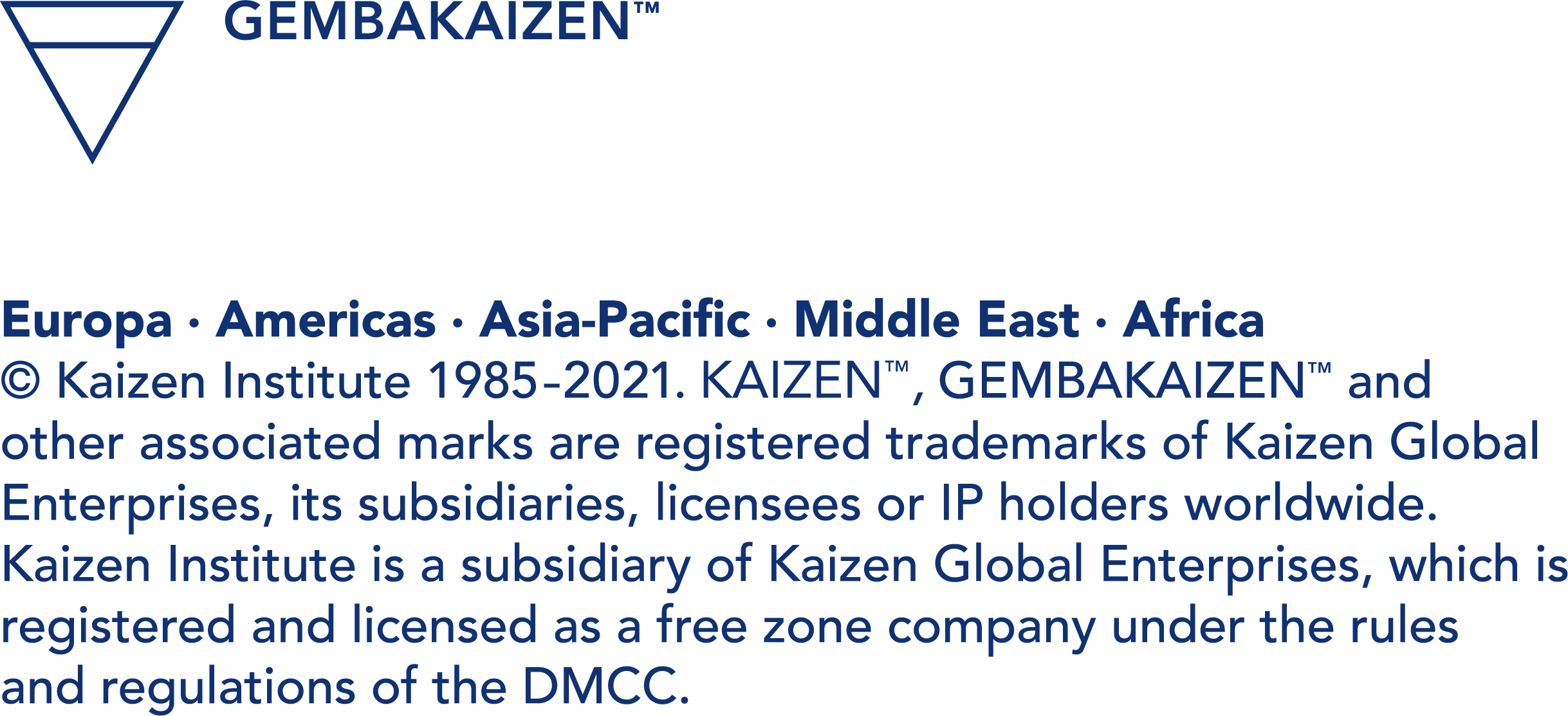There are three terms – EDUCATION, TRAINING & COACHING. They are often confused to mean the same/ similar things. Actually, there is subtle, but very important, distinction.
Education means transfer of knowledge.
Training means transfer of skills.
Coaching relates to ‘harnessing of skills to achieve defined objectives’.
There are some subjects, which are learnt solely through education – history, geography, philosophy etc. There are other subjects, where the learning is ALWAYS INCOMPLETE with education alone. All such subjects need training.
Examples:
- We can’t learn swimming only through correspondence course
- We can’t learn to play any game by classroom education alone – cricket, football, lawn tennis.
- We can’t learn to play musical instruments, or learn classical music, by lectures alone.
- We can’t become good welders, electricians, carpenters through web education only.
One needs education on these subjects, but one can master them only through training & relentless practice. The more we practice, the higher the skill. That is why, the worlds’ best tennis players, athletes, boxers, weight lifters continue to practice relentlessly.
Similarly, all team games – cricket, football, volleyball – are best learnt by professional training & continued practice.
But, why do trained people (even professional sportspeople) use personal coaches? Why do even the words’ best sports teams continue to engage highly paid coaches? Why can’t they just train on their own? In Indian classical music, there is the gurushishya parampara. Just as there always has been its’ equivalent, in martial arts. Obviously, because there is some ‘value-addition’! And this value-addition goes beyond ‘education’ & ‘training’! ‘Coaching’ seems to delve in the arena beyond basic skills; perhaps it has to do with ‘harnessing of skills to achieve defined objectives’.
The ‘objectives’ will determine the added aspects. In case of individuals, the added aspects may involve
- fine-tuning of skills,
- mental/ psychological conditioning,
- objective focused preparation,
- opponent focused preparation.
In case of teams, the added aspects may involve
- team building,
- strategy & tactics formulation,
- balancing of different skills for team effectiveness
In the context of Kaizen®/ Lean/ Quality/ Operational Excellence tools – education is necessary, but NOT sufficient. Knowledge alone does not enable effective implementation. Hence, these tools are
• best practiced in real-life situations (on the job),
• best learnt under experienced practitioners.
We also know that random application of the tools from these toolboxes at random locations within an organization, does not lead to genuine improvement impacting the customer or the organizational KPIs. The improvement activities need to be orchestrated intelligently to yield desirable KPI benefits.
That brings us to ‘harnessing these kaizen/ Lean/ OE skills to achieve organizational objectives’. When we are doing that, we are essentially ‘Managing Change’. Most corporate executives are not equipped to manage change, because they may not have acquired the corresponding ‘education’ in business schools; or the corresponding ‘training’ in their previous careers. In any case, even if they have had that training, it is most unlikely that they have enough practice! How many change management initiatives an average executive can go through in a career span? That is where the role of the ‘sensei’ (coach/ consultant) comes in. And that is the core capability – that of a COACH – a consulting organization in Operational Excellence must bring to the table to make its’ clients successful.
by Vinod Grover












